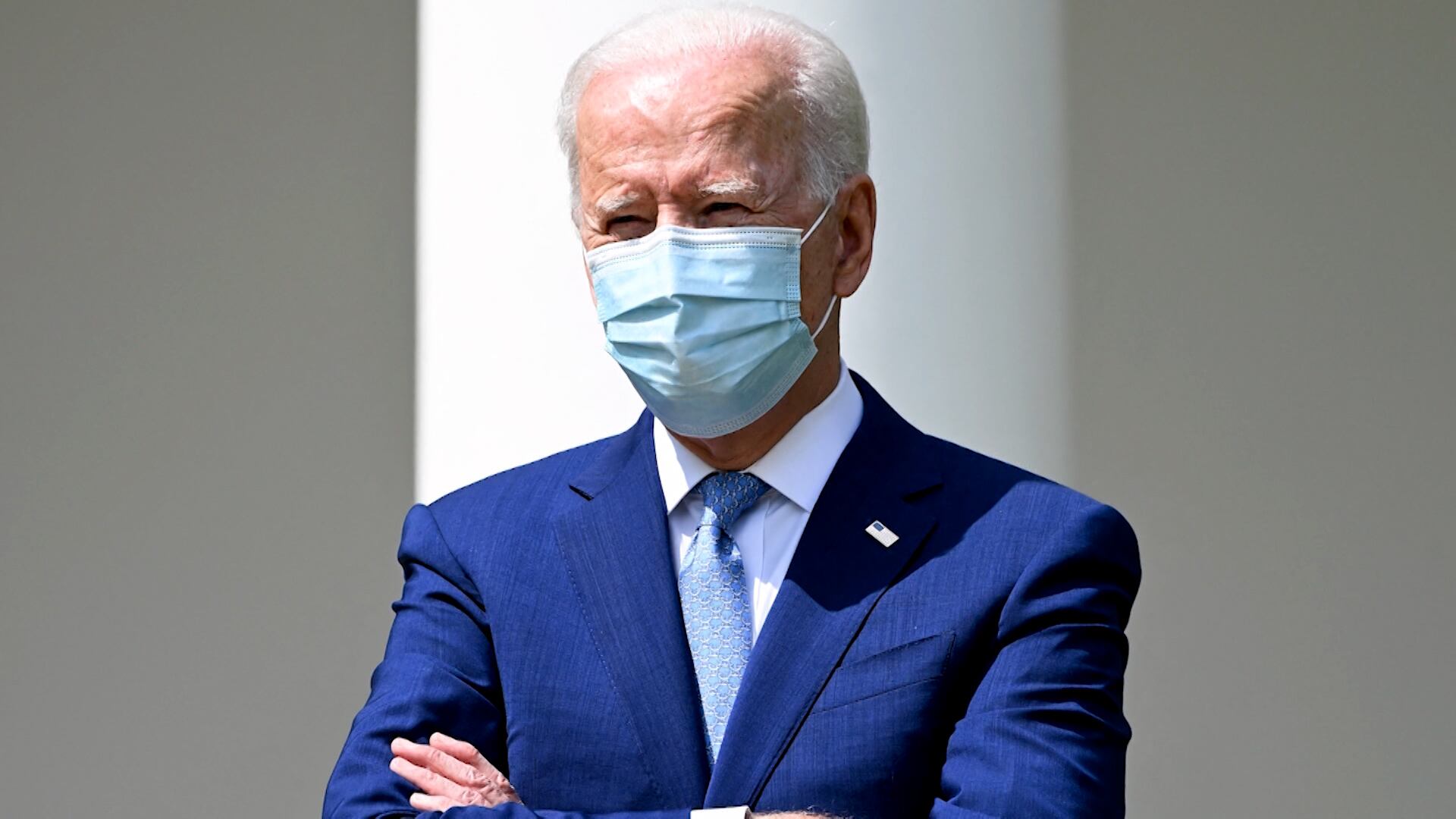By Gary D. Robertson and Hannah Schoenbaum
A Democratic state lawmaker in North Carolina announced Wednesday that she is jumping to the Republican Party, giving the GOP veto-proof majorities in both the state's legislative chambers that should make it easier to enact conservative policies over the opposition of Gov. Roy Cooper.
Whether the switch by Charlotte-area Rep. Tricia Cotham will soon result in further abortion restrictions in the nation's ninth-most populous state remains unclear, given her support for abortion rights during her earlier stint in the General Assembly.
“I am still the same person, and I am going to do what I believe is right and follow my conscience,” Cotham said in a news conference at state GOP headquarters at which she announced she would soon switch her party registration.
"The party that best represents me and my principles and what’s best for North Carolina is the Republican Party," she added.
Cotham's switch means Republicans now hold the 72 seats required in the 120-seat House to hold a veto-proof majority. Republicans already held the 30 Senate seats necessary to override vetoes.
Until Wednesday, Republicans were one seat shy of a similar advantage in the House following gains during the November elections. Cooper, a Democrat who is term-limited from seeking reelection in 2024, made blocking veto-proof majorities a top priority in last fall's campaigns.
Angry Democrats said Cotham should resign, because the voters in her liberal-leaning district expected her to support the party's agenda.
Cotham’s decision is “a deceit of the highest order. It is a betrayal to the people of Mecklenburg County with repercussions not only for the people of her district but for the entire state of North Carolina," state Democratic Party Chair Anderson Clayton said in a news conference at which activists held “RESIGN” signs.
Before Wednesday, House Speaker Tim Moore argued that Republicans held a “working supermajority” in his chamber since the new two-year session, with a few Democrats like Cotham joining GOP legislators in advancing high-profile issues.
Now, Moore said Wednesday, "we have an outright supermajority. It makes it a little bit easier, by the way.”
Cotham, a former teacher and assistant principal who served in the House for nearly 10 years through 2016 before returning in January, switched because, she said, the Democratic Party and her Democratic colleagues were no longer willing to accept different viewpoints.
Cotham, 44, has significant Democratic roots. Her mother, Pat, serves on the Mecklenburg County commission and has been a Democratic National Committee member. Her ex-husband is a former chair of the North Carolina Democratic Party.
The "modern-day Democratic Party has become unrecognizable to me,” Cotham said. “If you don’t do exactly what the Democrats want you to do, they will try to bully you. They will try to cast you aside.”
Cotham said the turning point for her to consider a switch came when people started criticizing her for using the American flag and praying-hands emojis on social media and on her vehicles.
“It’s been very clear to me this was about control on Day One at the legislature,” she said. “They picked the wrong chick for that.”
House Minority Leader Robert Reives said later Wednesday that Cotham's allegations of mistreatment within the Democratic Party “just didn't happen.”
Top Republicans welcomed Cotham to the fold after working with her for several years. “I told her we’d always have your back because we’re friends first,” said Rep. Jason Saine, a Lincoln County Republican.
Moore already appointed Cotham this year to co-chair the House K-12 education committee, making her one of the few Democrats to hold top committee posts.
The speaker declined to get into specifics about what legislation he thinks can now succeed with Cotham’s switch. But House Republicans have this year revived previously vetoed measures that would force sheriffs to cooperate with federal immigration agents and block the counting of mailed absentee ballots received after Election Day.
Republicans also are interested in further abortion restrictions following last year’s U.S. Supreme Court decision overturning Roe v. Wade.
North Carolina bans nearly all abortions after 20 weeks of pregnancy, and Republicans have been meeting privately to discuss two options. One would prohibit abortions after the first trimester — 12 or 13 weeks of pregnancy — with new exceptions for rape and incest. Another would ban them once an ultrasound first detects fetal cardiac activity, typically about six weeks after fertilization.
In 2015, Cotham spoke out in House floor debate against a bill that extended the waiting period before someone can receive an abortion in North Carolina from 24 hours to 72 hours, saying it was about “perpetuating shame and about politicians wanting to play doctor.” She has also been a supporter of LGBTQ rights.
“I’m not going to be pigeonholed into any one particular issue,” she said Wednesday, not addressing a specific topic. "And I made that very clear in our conversations that there are just some things I’m not changing on.” That result may require Moore to count on remaining moderate Democrats to complete overrides.
Democratic activists said Cotham still owes it to the public to speak out clearly on critical issues.
“Hurt voters deserve to know right now where she stands on abortion access in this state," said Cameron Pruette with the LGBTQ Democrats of Mecklenburg County. "Will she protect trans kids?”
Cooper's office didn't provide a statement Wednesday, referring instead to one released Tuesday. While it quoted the governor as saying her decision was “disappointing,” he expressed hope in Cotham's future voting.
“She should still vote the way she has always said she would vote when these issues arise, regardless of party affiliation,” Cooper said.
Last week, the legislature overrode a Cooper veto for the first time since 2018 when it enacted, over his objections, a bill eliminating the state’s pistol permit purchase system.
Cotham was one of three House Democrats who were absent last week during the override votes on the gun bill. The absences meant Republicans were able to meet, on their own, the necessary three-fifths threshold.












